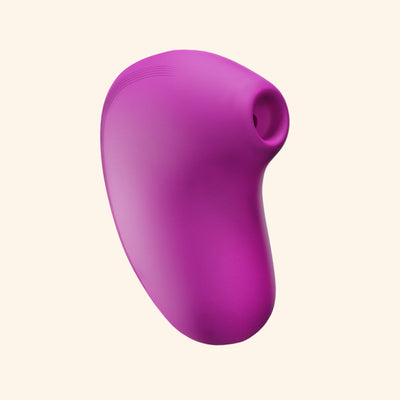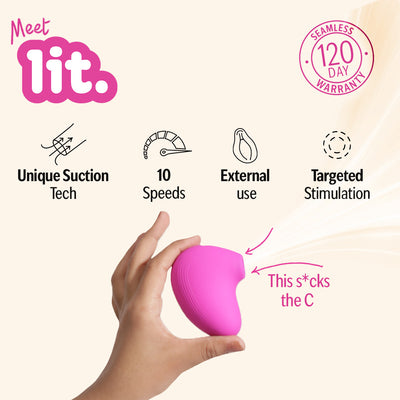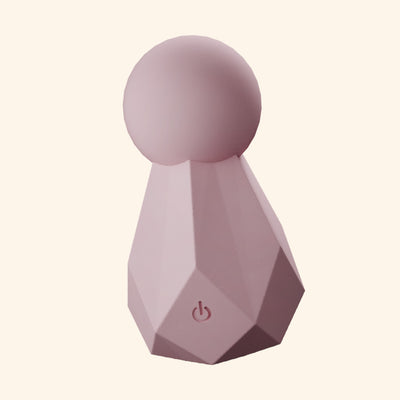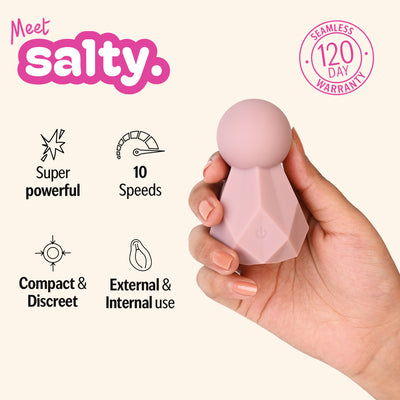Your cart is currently empty
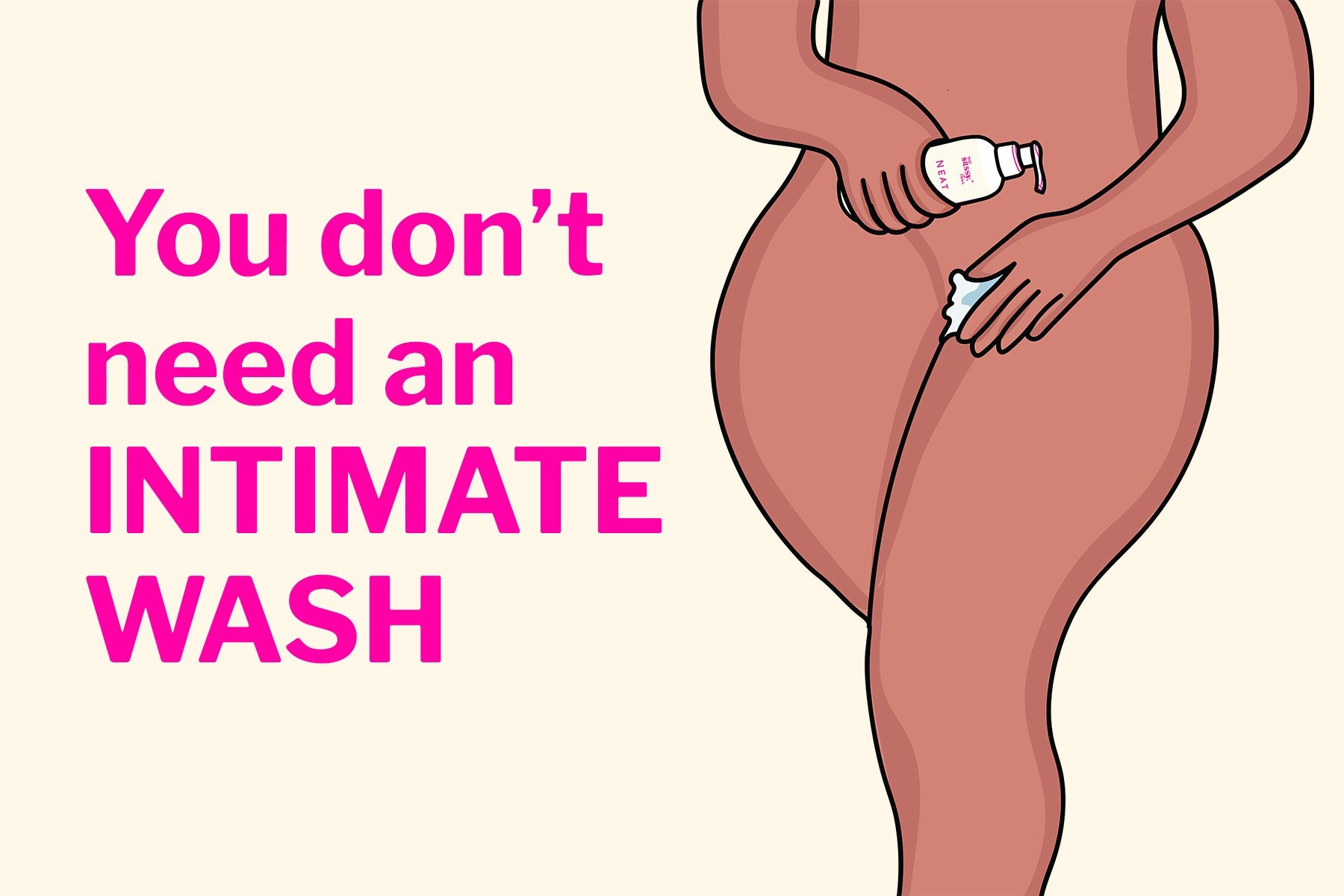
One of the most bizarre defenses of intimate washes that I have heard was by the late synthetic bio-entrepreneur, Austen Heintz (cis-man with no evidence of any vulvas of his own, mind you). He argued that since the smells on our body are produced by micro-organisms and not our body on its own, it is a ‘fundamental human right’ for vulva-owners to personalize the smell by bio-hacking the vagina. He pitched a product that would make it smell like peaches or cola down there.

Here’s another proposition, how about I have the fundamental human right to not be continually anxious about how I smell down there? For eons, products that have been scientifically-proven as unsafe have been marketed under the guise of ‘feminine hygiene products’ (not to be confused with period products).
From urban trends that promote douching, internal bleaching and dying the vulvar hair, to using soap flakes to combat undies that gossip (I am not exaggerating!) to now marketing ‘vaginal washes’ that also warn that they are not for douching on the label, I am not quite sure why our genitals are getting so much attention by advertisers.
I mean, Lysol once thought it was a great marketing tactic to advertise itself as a form of birth control with the threat that the husband might otherwise leave - how about you just make safe birth control devices and procedures easier to access?


A paper submitted in May 2020 by Amanda Jenkins, Deborah Money and Kieran Doherty estimated that the American consumer spent as much as 2 BILLION DOLLARS every year on douches, deodorant sprays, washes and other intimate cleansing products. Clearly, playing with our insecurities gets us to loosen up the purse-strings, huh?
First off, the very first lesson that I learnt about my groin area when I began sprouting hair down there was that the area is highly delicate and sensitive. Shaving it often causes painful red bumps and ingrown hair in the region may lead to infection, which might affect urinal as well as reproductive functions.
A visit to my mother’s gynaecologist as a teenager also taught me that the vagina, a.k.a the front hole, is self-cleansing. It is not advisable to insert anything inside it that might be soapy or scrubby (in fact, not even water) as it will affect the cavity’s sensitive bacterial and pH balance, which may in turn make it susceptible to irritation and infection. Essentially, the front hole retains its health when left alone—much like me, might I add.
Despite knowing this, I found myself as a 20-something-year-old, standing in the shower, twirling a sample packet of an ‘intimate vaginal wash’ that I had been given at a running event that promoted women’s health.
Even though the word ‘vagina’ implies the hole and the passage beyond, the label said that its contents were not for douching (which involves rinsing out any bodily orifice, often with reference to the front hole or the anal cavity). So why was it advertised that way then? In a world wherein the vulvar anatomy is not well-understood, this is a gross error that promotes misinformation about people’s sexual and reproductive health.

Secondly, if I am just to wash the skin and hair that is on the outside, why should I use a cleanser that is different from what I use on other parts of my body? This part of the body, known as the vulva, does require some cleansing as the hair follicles attract sweat and dirt from daily activities – just like the skin along all your other joints!
However, regular shower gels and soaps often contain artificial fragrances, harmful chemicals and preservatives that can cause a burning sensation in the delicate skin down there. They are far too harsh and that’s why Aunt Sassy’s dermatologically-tested safe concoction,
Neat, caught my eye. This body wash is safe for all parts of the body, skin and hair, including the parts down there (still no douching though!). Now that’s the kind of no-bullshit product I want that acknowledges the need to not strip away essential oils from the skin and hair across all parts of my body!
Using it in the shower on the regular will help remove the sweat and grime that collects on the skin, and that’s about it.

In case you have been made to feel conscious about how your vagina smells or why it sometimes releases discharges, know that a light musky scent and white-ish or clear discharges are common, especially when menstruation or ovulation is around the corner.
If you notice any changes in the colour or smell, I’d recommend speaking to a gynecologist or sex & reproductive health educator instead of reaching for one of these misguided products that are produced under the guise of ‘feminine hygiene’—about that tag, may I just point out once again that people of all genders have vulvas, and that no part of the body is inherently feminine.
Femininity is a social construct that refers to certain traits and stereotypes that are often imposed on people with vulvas! Fight the patriarchy. Protect your natural vulvar smell and the highly sensitive ecosystem it is home to.
----------
About the author:

Tejaswi is a media professional and researcher focused on pleasure & joy in areas of public health. Their attention is captured by post-colonial human relationships at a time of the Internet of Things.
Tejaswi is autistic and identifies as queer in more ways than one.
